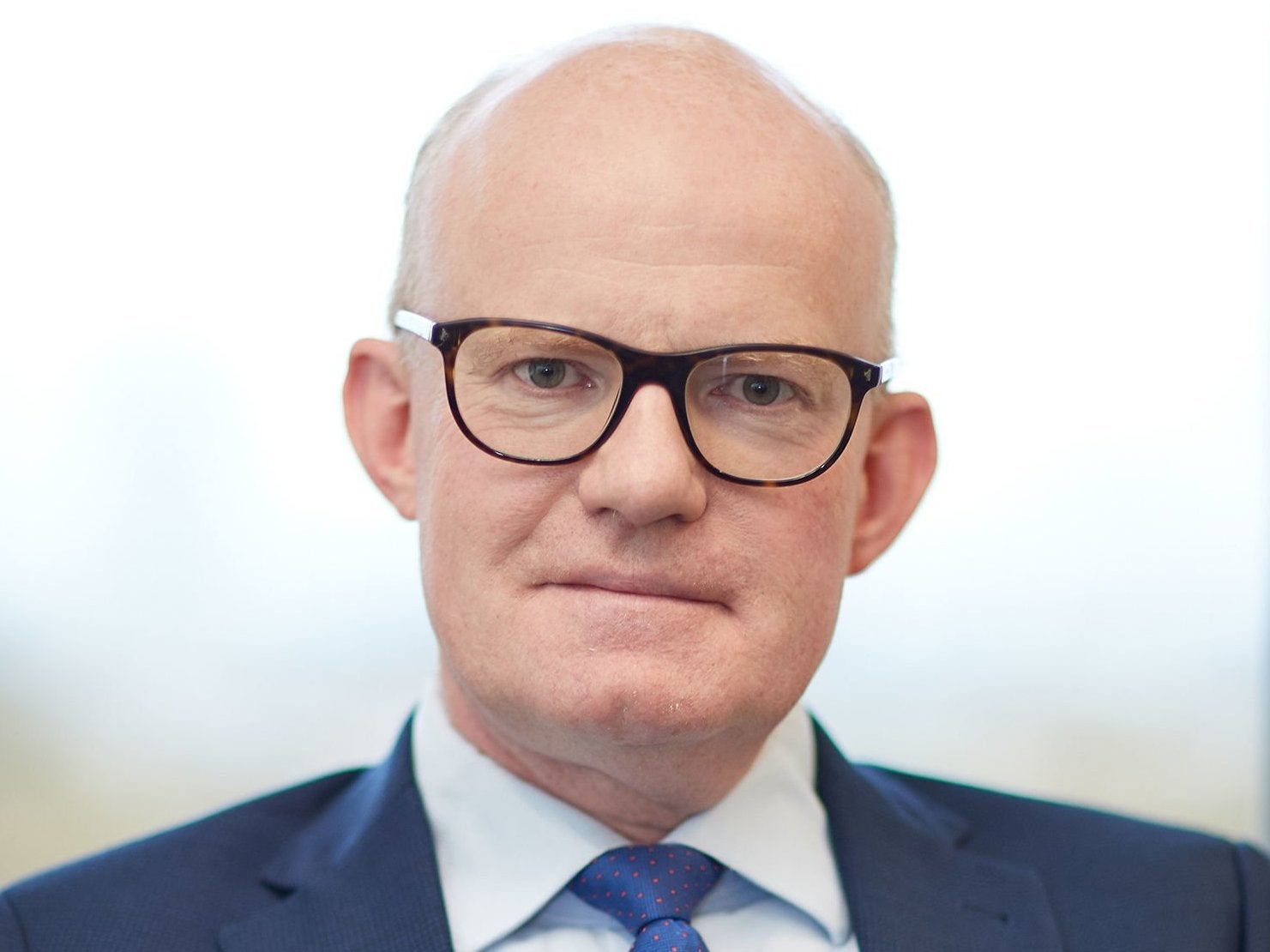Rape victims’ mobile phones will not be seized ‘as a matter of course’, new director of public prosecutions says
Max Hill QC says police and prosecutors must ‘avoid unnecessary intrusion into a complainants’ personal life’

Rape victims’ mobile phones will not be seized “as a matter of course” in criminal investigations, the new head of the Crown Prosecution Service (CPS) has said.
In his first public address in the role, Max Hill QC vowed to improve the way evidence is disclosed to defence lawyers in criminal trials, following the collapse of a series of rape cases over newly discovered messages.
Police accuse the CPS of “raising the bar” for prosecutions following the scandal, and women’s rights groups and victims’ advocates have demanded an investigation into the seizure of rape victims’ personal communications, photos and videos.
Mr Hill said the right to a fair trial must be balanced against the “unnecessary and unjustified invasion” of complainants’ private lives, which may be used to undermine them in court.
“We are very clear that seeking to examine the mobile telephones of complainants and witnesses is not something that should be pursued as a matter of course in every case,” he said, while delivering the annual Kalisher lecture.
“It is crucial that only the reasonable lines of inquiry are pursued, to avoid unnecessary intrusion into a complainants’ personal life. There must be something beyond a purely speculative enquiry.”
Mr Hill, who was formerly the independent reviewer of terrorism legislation, said mobile phones can present a reasonable line of inquiry but “it is of vital importance that the personal information of those who report sexual offences is treated in a way that is consistent with both their right to privacy and with the interests of justice”.

He became director of prosecutions earlier this month, after his predecessor Alison Saunders was heavily criticised during a scandal over disclosure and collapsed rape cases.
Campaigners Big Brother Watch became the latest group to raise concern over police and prosecution practices when they demanded an investigation by the Information Commissioner last week.
Sara Thornton, chair of the National Police Chiefs’ Council (NPCC), is among senior figures warning that people could be deterred from reporting rape “because they fear intrusion into their lives and private information that’s not relevant to the crime being shared in court”.
The Association of Police and Crime Commissioners has said “evidence on the ground suggests that even when officers are confident that they have pursued all reasonable lines of inquiry, they are often being told by the CPS to pursue all other available sources”.
In September, a lawyer specialising in sexual offence cases told The Independent that the CPS had been pushing rape prosecutors to improve conviction rates.
Cris McCurley, a family law partner at Ben Hoare Bell, said: “Prosecutors were being told only to take on the nailed-on cases where you know there will be a conviction, because ‘we need to make the rate better’.”
The CPS says practices have not changed, although a senior official admitted earlier this month that the collapse of a series of rape trials over disclosure failures had “resonated through the whole criminal justice system”.
Among the most high-profile was that of student Liam Allan, who had 12 rape and sexual assault charges against him dropped after the discovery of messages showed the claimant pestered him for “casual sex”.
An investigation by the Justice Committee found that the failure of police and prosecutors to properly share relevant evidence with defence lawyers could cause the collapse of trials or miscarriages of justice.
Speaking on Tuesday, Mr Hill said: “I fully accept that mistakes have happened, and that we will rightly be criticised and questioned when things do go wrong. I am determined that we learn from those mistakes.”
He expressed ambitions to improve the public’s understanding of the CPS’s work and how it reaches decisions.
Mr Hill added: “I am however under no illusions that public confidence is also based on trust that our work is of the highest quality. There have been some big challenges because of disclosure issues.
“I want to make sure the focus and momentum of our work to drive improvements is maintained over the coming years and hope public confidence will grow as a result.”
Bookmark popover
Removed from bookmarks